Will my reconstructed breasts change size if I gain or loose weight after DIEP flap surgery?
We are often asked how future weight changes will impact final DIEP flap breast reconstruction results.
The general answer is that your breast size will most likely fluctuate with weight changes just like a natural breast would. However, every individual is different. Some patients may notice minimal change to their breast size following weight gain/loss. On the other hand, there are some patients who may end up wearing a completely different bra size following weight change.
Most patients find any change in breast size due to weight fluctuation to be proportionate to their new body size.
However, if you are unhappy with the breast size following weight change, there are options to help. For patients who have lost a significant amount of weight and have seen a large decrease in their breast size, fat grafting or adding a small implant can help achieve the desired size. Patients who have gained weight and have seen a dramatic increase to the size of their reconstructed breast may benefit from breast reduction surgery or liposuction to the reconstructed breast. Regardless of the change, we recommend patients be at a stable weight for some time before undergoing any additional revision surgery.
It is important to note that patients wanting to lose a few pounds after surgery should not start dieting until at least 6 weeks after all surgical wounds have healed. Wound healing requires adequate nutrition and protein. Cutting calories during this critical period could affect healing.
Author: Dr. Ramon Garza III and Courtney Floyd
The general answer is that your breast size will most likely fluctuate with weight changes just like a natural breast would. However, every individual is different.
Leave Comment
-
-

Just like after a tummy tuck, weight gain can occur in the lower abdominal area following a DIEP flap. We do also perform fat grafting during the “revision” or “stage 2” surgery following implant and/or flap-based breast reconstruction procedures.
PRMA Plastic Surgery
September 29,2020
-
Sign Up for Our Monthly Newsletter
Continue Reading
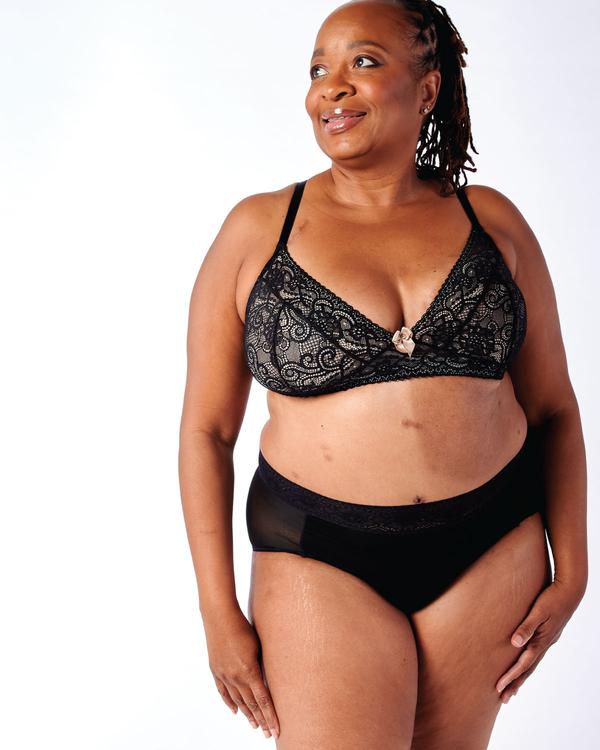
What Bras and Abdominal Girdles to Wear After Breast Reconstruction Surgery
What Bras and Abdominal Girdles to Wear After Breast Reconstruction Surgery November 17, 2020 Share on Facebook Twitter Linkedin When preparing for breast reconstruction surgery, many patients want to know what types of bras and abdominal girdles they should plan to wear after surgery. Although every surgeon has slightly different preferences, we have put together […]

My 5 DIEP Flap Realities | A Guest Blog From Julie
My 5 DIEP Flap Realities October 28, 2020 Share on Facebook Twitter Linkedin Hi everyone, my name is Julie from It’s a Bosom Thing. I am so happy to be here as a guest blogger and have this opportunity to share with you a few thoughts about life after DIEP Flap Surgery. I was diagnosed […]
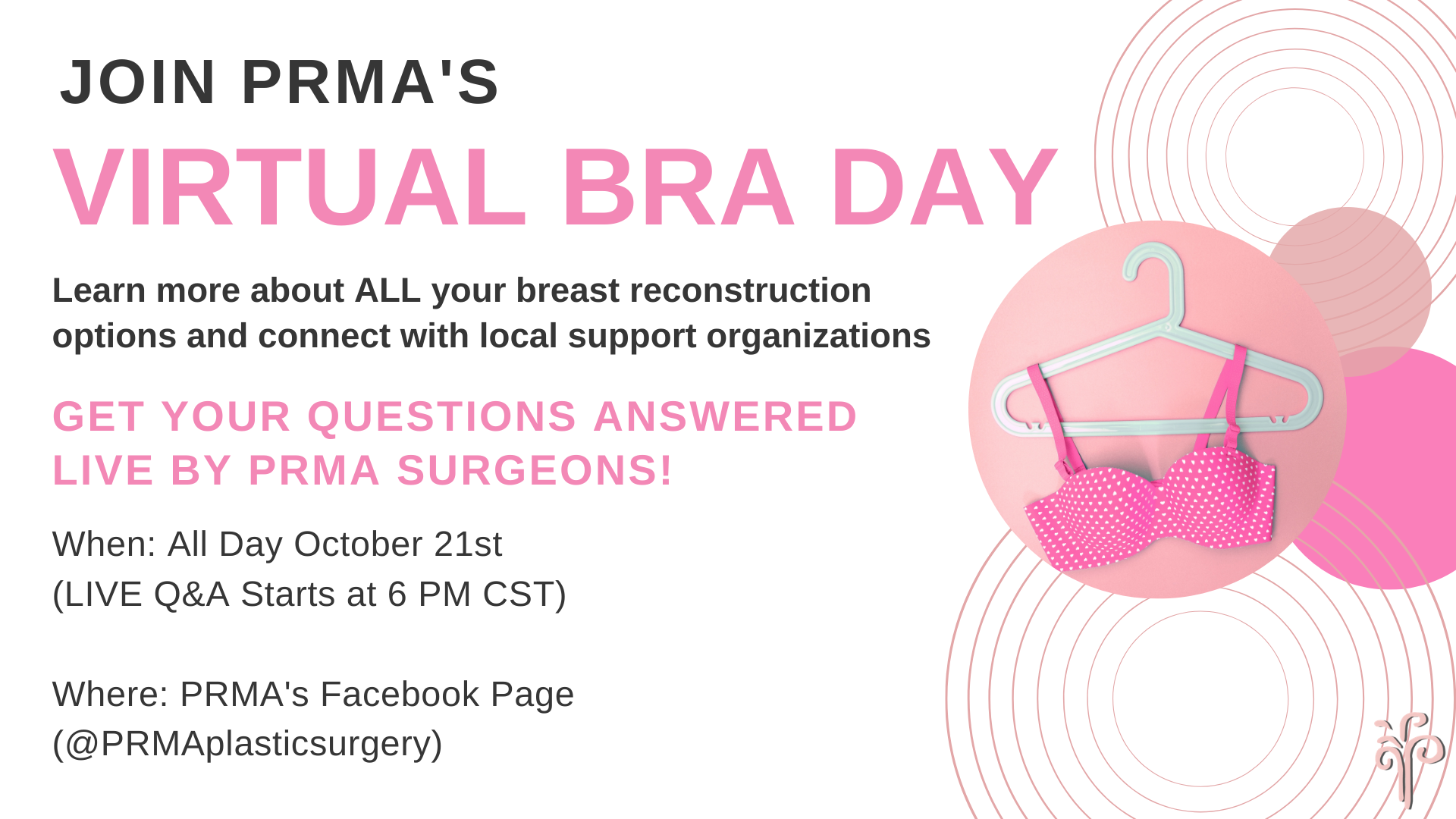
PRMA’s BRA Day Virtual Event Recap
PRMA’s BRA Day Virtual Event Recap September 08, 2020 Share on Facebook Twitter Linkedin Yesterday we celebrated Breast Reconstruction Awareness day! Although we missed seeing everyone in person this year, we were still able to spread education and awareness on ALL reconstructive options through our virtual efforts. We were also able to share information on […]
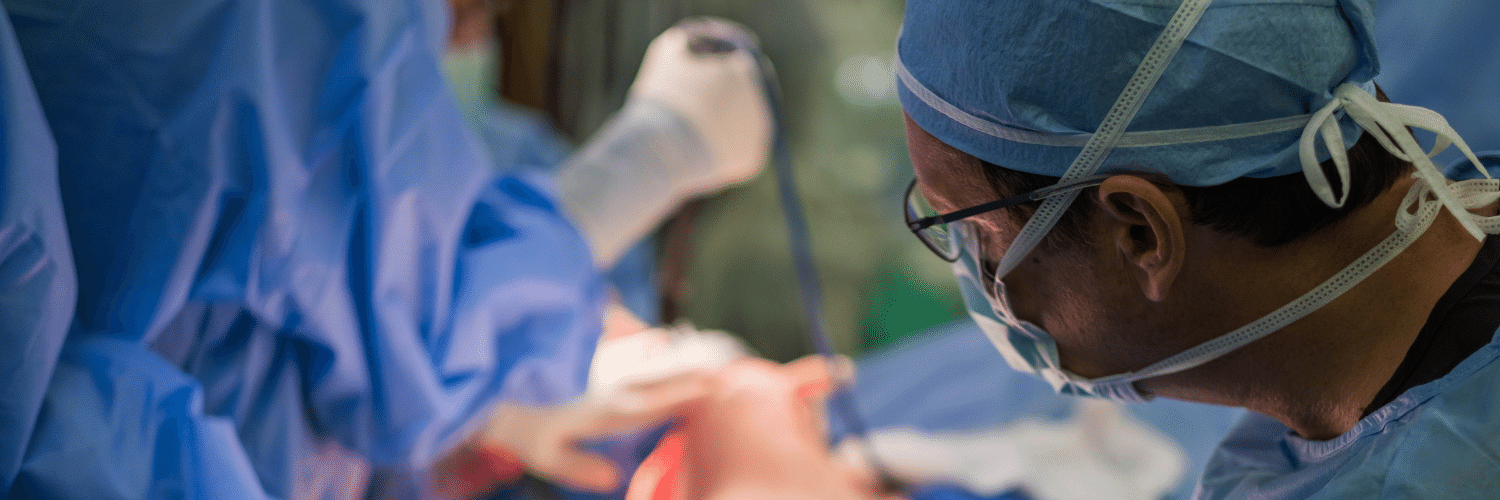
Second Stage DIEP Flap Surgery
Second Stage DIEP Flap Surgery September 08, 2020 Share on Facebook Twitter Linkedin DIEP flap breast reconstruction is typically comprised of at least two stages for the best outcomes. The second stage of surgery is commonly referred to as the “revision” stage and is usually performed about three months after the initial reconstruction. The purpose […]

If ‘Flaps’ Are Such A Great Breast Reconstruction Option, Why Doesn’t Everyone Get Them?
If ‘Flaps’ Are Such A Great Breast Reconstruction Option, Why Doesn’t Everyone Get Them? September 08, 2020 Share on Facebook Twitter Linkedin Flap-based breast reconstruction procedures, like the DIEP flap, offer patients a safe, natural implant-alternative option to reconstruction after a mastectomy. Flap surgeries are permanent and are associated with fewer complications after radiation when […]
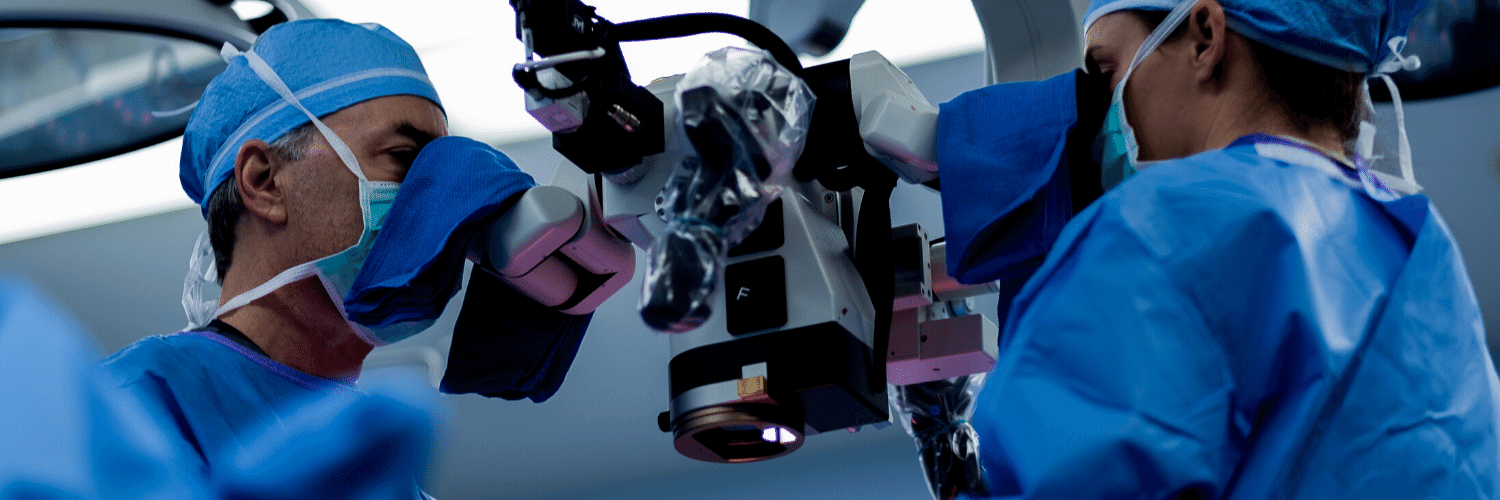
What is a Skin Island and How is it Used in Breast Reconstruction?
What is a Skin Island and How is it Used in Breast Reconstruction? September 08, 2020 Share on Facebook Twitter Linkedin What is a “skin island”? The term “skin island” is used to describe the remaining visible skin from a transplanted “flap” of tissue. In the setting of DIEP flap breast reconstruction, the skin island […]

Comparing APEX Flap and DIEP Flap Breast Reconstruction
Comparing APEX Flap and DIEP Flap Breast Reconstruction August 10, 2020 Share on Facebook Twitter Linkedin We have been receiving numerous inquiries about the “APEX flap” recently. Patients want to know what it is and how it differs from the DIEP flap. APEX is an acronym that stands for “Abdominal Perforator Exchange”. Many patients believe […]
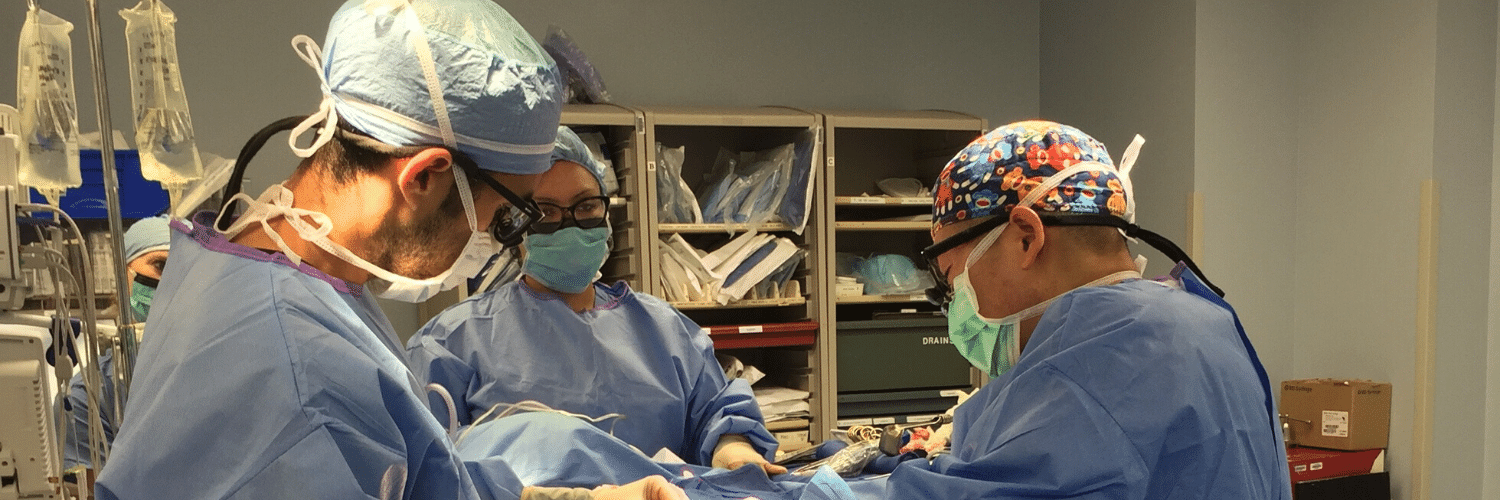
Monitoring the Health of Your Flap During & After Surgery
Monitoring the Health of Your Flap During & After Surgery July 21, 2020 Share on Facebook Twitter Linkedin Autologous flap (or tissue) breast reconstruction procedures represent today’s most advanced options for rebuilding a breast(s) following mastectomy. The most commonly performed method of flap-based reconstruction at PRMA is the DIEP flap. During this procedure, surgeons transplant skin […]
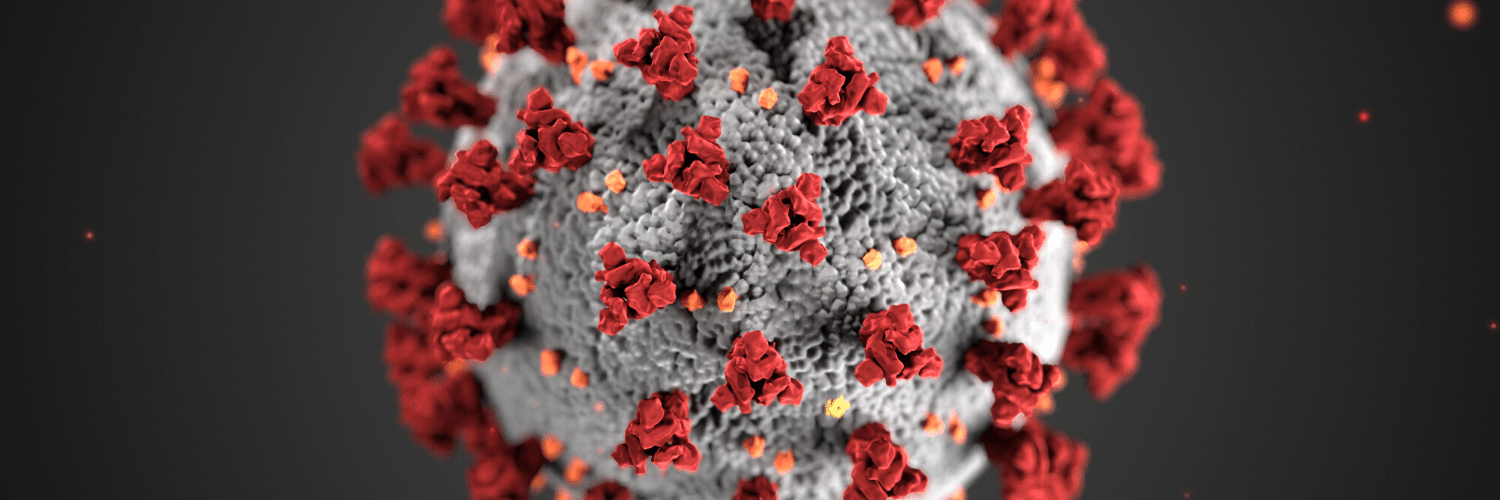
COVID-19 and the Impact on Cancer Patient’s Mortality
COVID-19 and the Impact on Cancer Patient’s Mortality July 21, 2020 Share on Facebook Twitter Linkedin There is still so much we do not know about COVID-19. Likewise, there is little known about how this disease impacts mortality for cancer patients. A study published in The Lancet evaluated and characterized the outcomes of patients with cancer […]

Autologous VS Alloplastic Breast Reconstruction: Patient Reported Satisfaction
Autologous VS Alloplastic Breast Reconstruction: Patient Reported Satisfaction July 21, 2020 Share on Facebook Twitter Linkedin Women who choose to undergo breast reconstruction following a mastectomy have several reconstructive options. Those options can be broken down into two categories – autologous (using your own tissue) and alloplastic (using an implant). Both types of procedures have […]

What happens to the lower and/donor site with weight gain? also, are you doing fat grafting for breast revision after mastectomy and implant, if implant removed.
Thanks
Valerie
September 28,2020